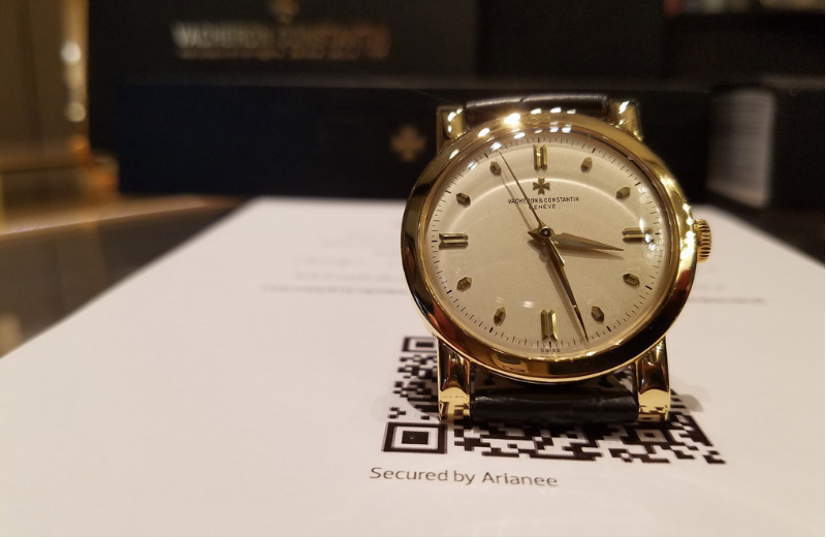A recent piece of news has attracted everyone's attention. French boutique group LVMH, Swiss Richemont Group's Cartier, and Italian fashion giant Prada issued a joint statement, announcing the establishment of the blockchain alliance Aura in cooperation with ConsenSys, hoping to use blockchain technology to combat counterfeiting. market and maintain brand value.
It is speculated that in 2021, the global luxury goods industry is expected to be valued at approximately US$107.9 billion. The "Harvard Business Review" report pointed out that the total global counterfeit trade is 4.5 trillion US dollars, of which 60% to 70% are aimed at the luxury market.
The rampant counterfeiting has had a great impact on the luxury goods industry, so luxury giants have turned their attention to the blockchain, hoping to fight counterfeiting with the help of blockchain technology. So, what is unique about the highly anticipated blockchain?
We know that the blockchain is essentially a public ledger, which has been used to record various publicly shared information. Some experts pointed out that “blockchain technology provides full transparency for products from inception to final use. This technology allows users to track and trace the legitimacy of any product from luxury fashion to basic necessities. In this way, blockchain Various companies, consumers and social groups can be covered, including sustainable procurement, identifying the origin of all goods in the supply chain, and further improving trust between brands and many stakeholders.” In short, blockchain is not only The production procurement process can be tracked, and the supply chain of fashion brands can also be tracked.

Toni Belloni, managing director of LVMH, called blockchain “a great opportunity for our industry to strengthen the connection with our customers by providing them with simple solutions to better understand our products.” He Hopefully other luxury manufacturers will join in, "By joining forces with other luxury brands, we are leading the way in transparency and traceability."
In fact, Aura is not the first plan to use blockchain for anti-counterfeiting authentication. In January this year, PuffBar, a well-known American e-cigarette brand, announced its cooperation with VeChain to crack down on a large number of counterfeit e-cigarettes on the market. In addition, the more famous blockchain is Arianee.
Arianee was founded by Pierre Nicolas Hurstel, Frederic Montagnon and the two founders of Vestiaire Collective, Alexandre Cognard and Christian Jorge. To date, this protocol has been adopted by Cartier, Piaget, Vacheron Constantin and others.
As an example, Vacheron Constantin partnered with Arianee in 2019 to propose an authentication solution for its watches via blockchain. The specific operation is very simple. The first buyer of the watch receives it and scans the QR code with the Vacheron Constantin app, which then creates a blockchain-based certificate. In this way, the link between the watch and its owner becomes unforgeable. If the watch changes hands, the next owner will scan the QR code again to register the change.

With the maturity of blockchain technology, it is the general trend of development for all walks of life to use blockchain technology to improve quality and efficiency, and the luxury industry is no exception. It is conceivable that the biggest benefit of applying blockchain technology is that it can trace the entire life cycle of the product itself, realize the transparency of the luxury supply chain, and protect consumers. It will also be easy and secure to resell luxury goods on the secondary market.
Of course, blockchain technology is not a panacea for luxury goods to crack down on counterfeit drugs and cure diseases. It also requires market supervision departments to strengthen management by improving relevant industry standards and strengthening market supervision. Only by the cooperation of enterprises, governments and users can we truly solve the problem of counterfeiting luxury goods.